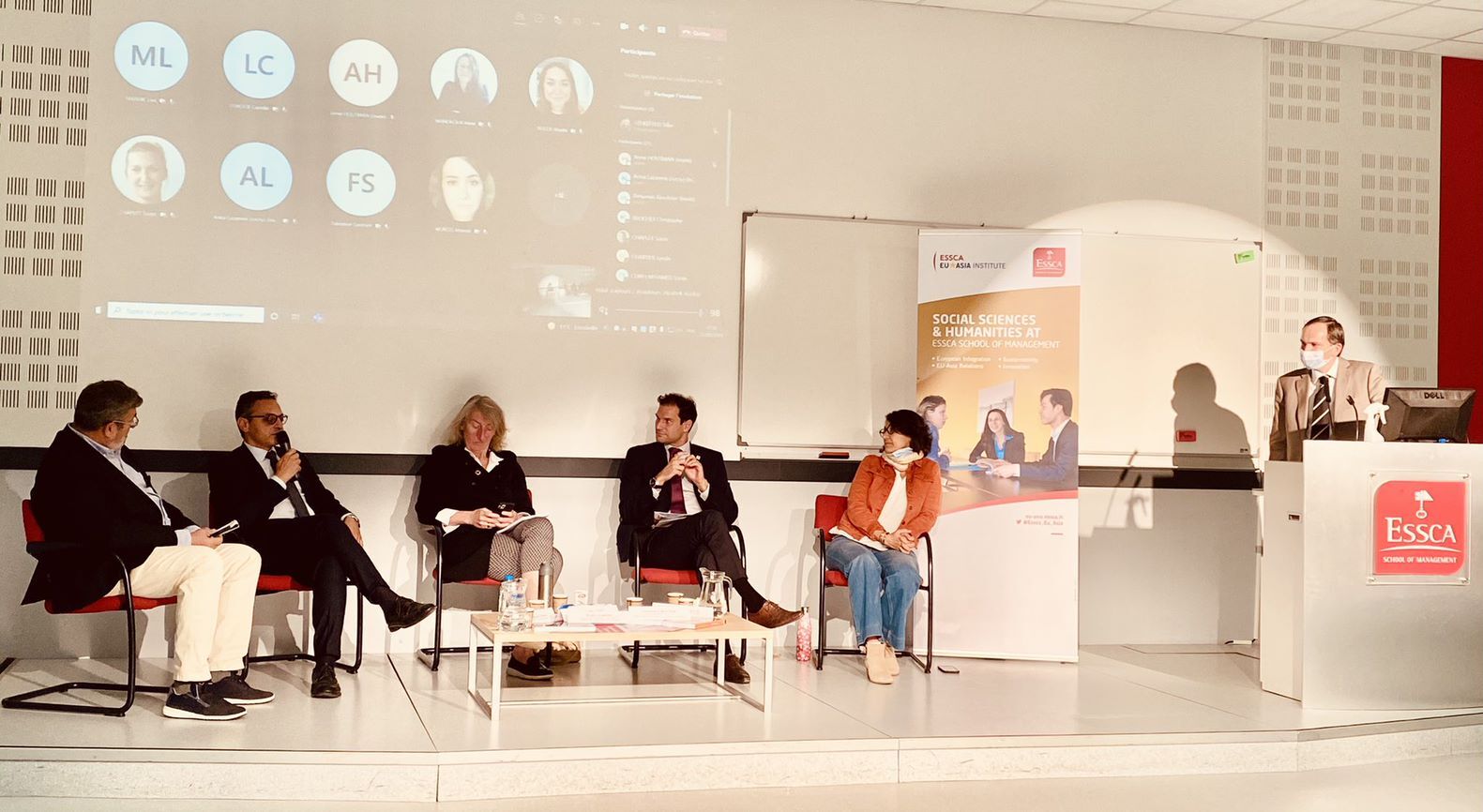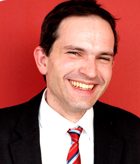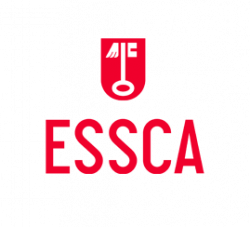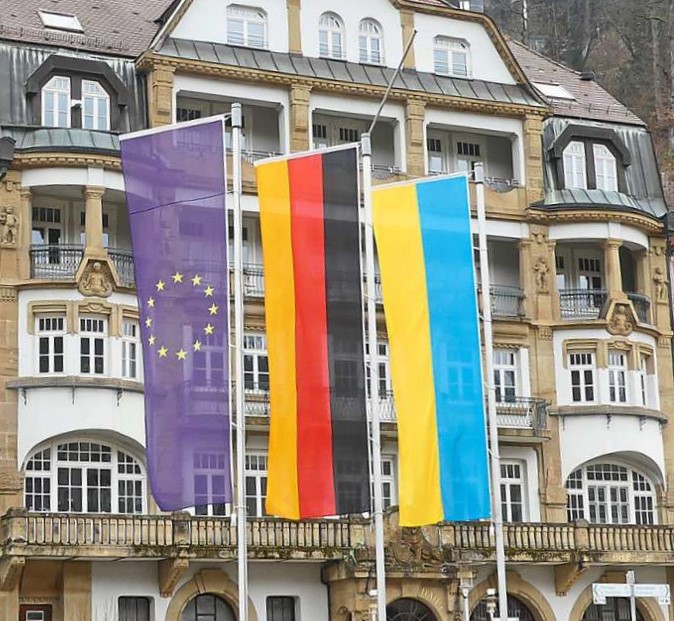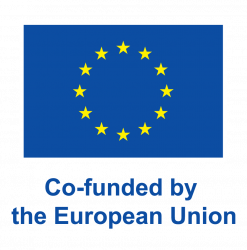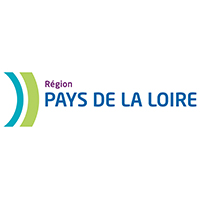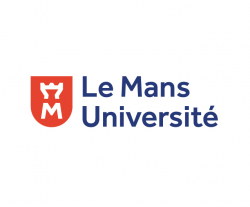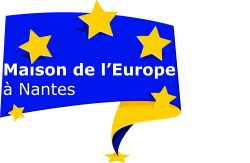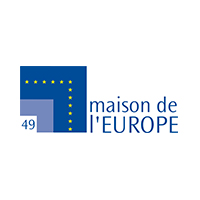On September 22, the “Governance of Sustainability in Europe” research network held its closing conference focusing on the dynamics of European integration in the areas of sustainability policy and resulting politics. During the event, participants had the opportunity, remotely or directly at the ESSCA campus in Angers, to share their opinions, thoughts and suggestions with the various speakers. In total, some 40 online and in-person participants were able to attend 17 presentations, most of which will be published.
The three-day event began with a roundtable in French, open to the general public, moderated by Professor Michel Catala, Noam Leandri, Secretary General of ADEME, Francesco Mattina, Vice President of the CPVO Angers, Catherine Chabaud, from the European Parliament, Anne Houtman, Team Europe, and Pascale Beldent, head of the CSR mission at ESSCA. The discussions focused on the issue of sustainable development in Europe.
You can listen to the replay of the round table in FR here.
The first session of the conference was dedicated to the presentation of the book by Prof. Thomas Hoerber and Dr. Gabriel Weber entitled “The European Environmental Conscience in EU Politics – A Developing Ideology” (Routledge, 2021). Other contributors, Dr. Marjorie Tendero, Dr. Tomasz Braun and Joel Kuenzer, had the opportunity to provide some insights into their chapters. The second session, led by Dr. Kristina Kurze, focused on the issue of energy policy and resources. Topics included Romania’s controversial recovery and resilience plan, policies related to the EU Circular Economy Action Plan, and energy and climate governance regulation.
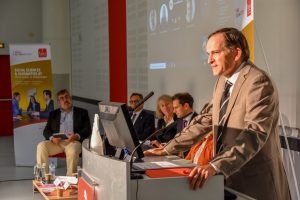 On the second day, the event opened its third session, chaired by Dr. Gabriel Weber, dedicated to the role of the EU as a global sustainability actor and its level of influence on the international scene. Session 4, “Technology and know-how in EU sustainability policies”, led by Dr. Kristina Kurze was dedicated to the role of academic knowledge transfer models for sustainable innovation and the role of digital service companies in a digital society. Finally, session 5, led by Prof. Thomas Hoerber, dealt with green finance, in particular the position of the European Central Bank in the EU sustainability strategy, regulatory initiatives and green tax systems.
On the second day, the event opened its third session, chaired by Dr. Gabriel Weber, dedicated to the role of the EU as a global sustainability actor and its level of influence on the international scene. Session 4, “Technology and know-how in EU sustainability policies”, led by Dr. Kristina Kurze was dedicated to the role of academic knowledge transfer models for sustainable innovation and the role of digital service companies in a digital society. Finally, session 5, led by Prof. Thomas Hoerber, dealt with green finance, in particular the position of the European Central Bank in the EU sustainability strategy, regulatory initiatives and green tax systems.
On the third and final day, Dr. Kristina Kurze and Dr. Helene Dyrhauge had the opportunity to present their book “Making the European Green Deal Work: EU sustainability policies at home and abroad” focusing on transformation processes within the EU and in countries that have not yet been the subject of much research such as Russia and the Middle East. The event ended with the closing speech of Prof. Thomas Hoerber highlighting the success of the conference, driven by the significant variety of topics covered, allowing to cover subjects that had not been studied by the research network before, and by the number of forthcoming publications dedicated to this theme. Prof. Thomas Hoerber concluded by encouraging participants to suggest other frameworks and means to expand the research carried out so far on the governance of sustainable development.
For more information on the closing conference follow this link.

